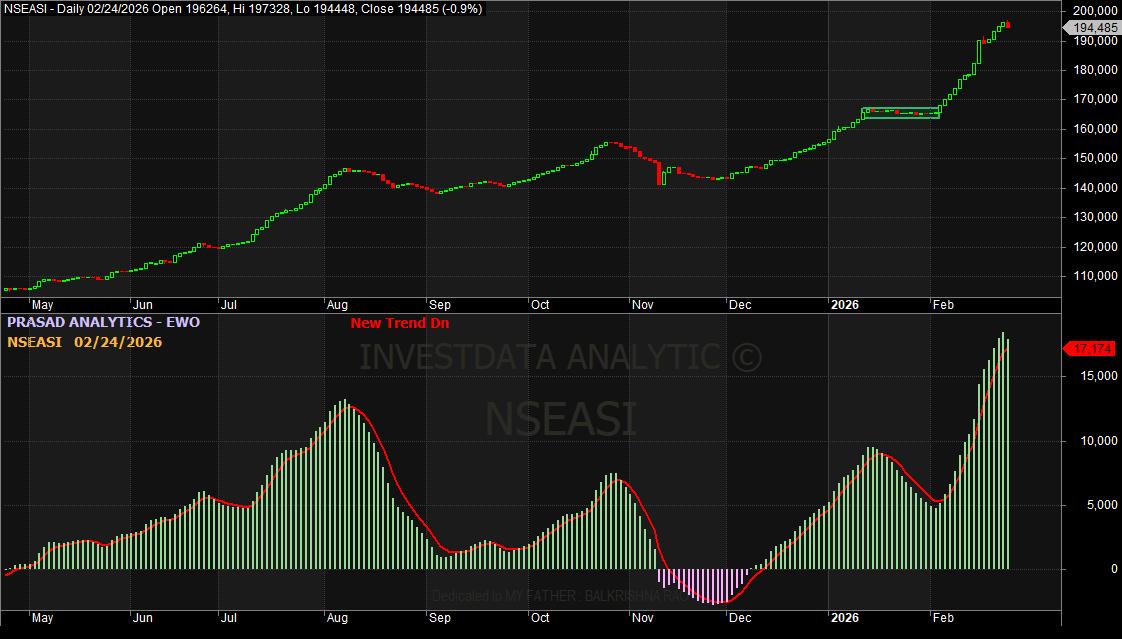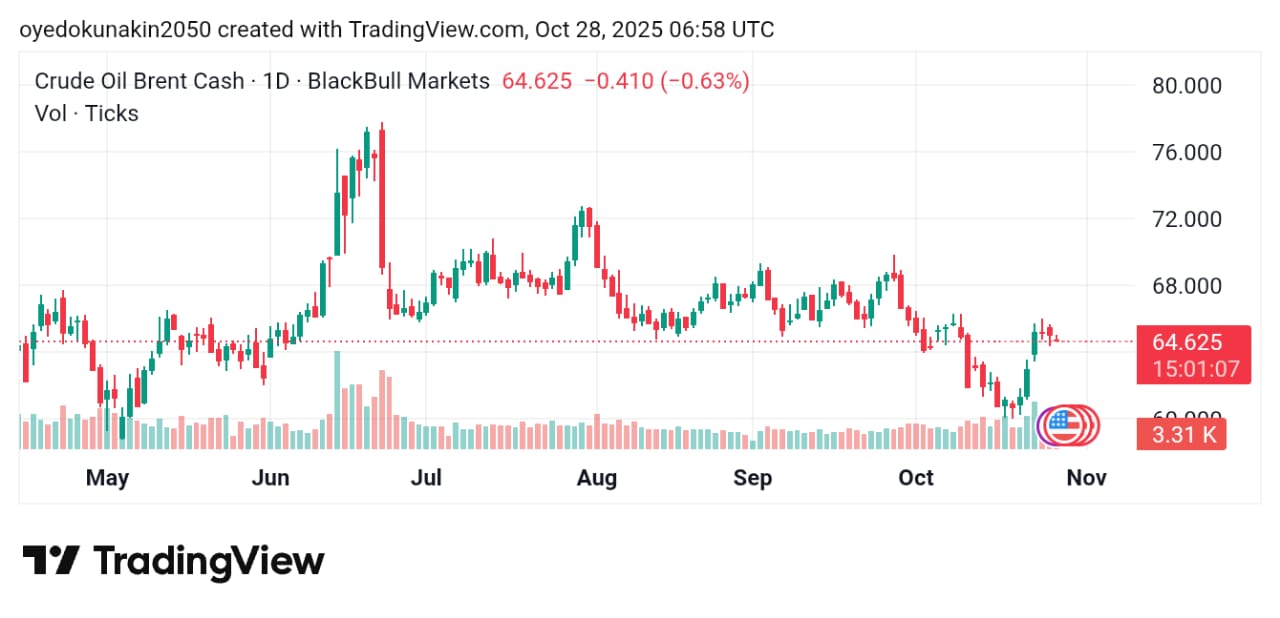
Inflation rate in Nigeria continued its northward climb in February, even if marginally, according to the latest data by the National Bureau of Statistics (NBS) released on Wednesday showed that Consumer Price Index (CPI) inched 0.09% from 21.82% in January, to 21.91% at the end of February.
Analysts believe the rise could have been steeper, but for the cash crunch that has plagued the country due to the Central Bank of Nigeria (CBN) Naira redesigning policy leading to a currency crisis that forced down the prices of transportation, as well as basic goods and services across the country, which was made worse by the fuel crisis since the last quarter of 2022.
On a year-on-year basis, the headline inflation rate was 6.21% higher, compared to the 15.70% recorded in February 2022, indicating that the headline inflation rate (year-on-year increased in February 2023 when compared to February 2022.
“The percentage change in the average CPI for the 12 months period ending February 2023 over the average of the CPI for the previous 12 months period was 19.87%, showing a 3.15% points increase compared to 16.73% recorded in February 2022,” according to the NBS report.
Urban inflation rate in the period under review was 22.78%, 6.53% higher, compared to the 16.25% recorded in February 2022, while MoM, the urban inflation rate stood at 1.85% in February 2023, 0.13% lower than the 1.98% recorded in January 2023. The corresponding 12-months average for the urban inflation rate was 20.45% in February 2023, 3.16% higher than the 17.29% reported in February 2022.
On the other hand, rural inflation rate in February 2023, however soared by 5.92% to 21.10% YoY from the 15.18% recorded in February 2022, while MoM inflation in February 2023 was 1.58%, down by 0.19% points, compared to 1.77% January 2023. The corresponding 12-months average for the rural inflation rate in February 2023 was 19.33%, 3.15% higher than the 16.18% recorded in February 2022.
The food inflation in the period under review was 24.35% on a year-on-year basis, 7.24% points higher than the 17.11% of February 2022, owing to increases in prices of oil and fat, bread and cereals, potatoes, yam and other tubers, fish, fruits, meat, vegetable, and food products. MoM, food inflation for the month was 1.90%, 0.18% lower than 2.08% in January 2023, even as average annual rate of food inflation for the 12-months ending February 2023 over the previous 12-months average was 22.12%, which was a 2.44% points increase from the 19.69% average annual rate of change recorded in February 2022.
All items inflation rate YoY for the period under review peaked in the north east state of Bauchi which recorded 24.59%, followed by Niger-Delta’s Rivers, which reported 24.40%; ahead of Ondo in the South West with 24.27%.
The slowest growth was the 18.9% rise in Sokoto (NorthWest); Borno also in the North East, 18.94%; and Cross River (South-South), 19.62%; while MoM, the highest growth in February 2023 was seen in Edo, also in the Niger-Delta, at 2.76%; Ogun, South West also, 2.64%; and Yobe, another state in the north east, 2.36%. The slowest growth MoM, were reported in Bayelsa, 0.74%; Borno, 0.95%; and Taraba, 1.03% recorded the slowest rise on month-on-month inflation.
Food prices YoY were highest in Kwara, 29.51%; followed by Imo, 27.47%; and Lagos, 27.42%; while Sokoto posted 18.54%; Jigawa, 19.67%; and Yobe, 21.89% recorded the slowest rise on year-on-year food inflation. MoM, however, food inflation in February 2023 was highest in Yobe, 3.15%; Edo, 3.03%; and Ogun, 2.90%; while Rivers at 0.75% recorded the slowest rise on month-on-month inflation, ahead of Sokoto, 0.89%; and Nassarawa, 0.90%.











